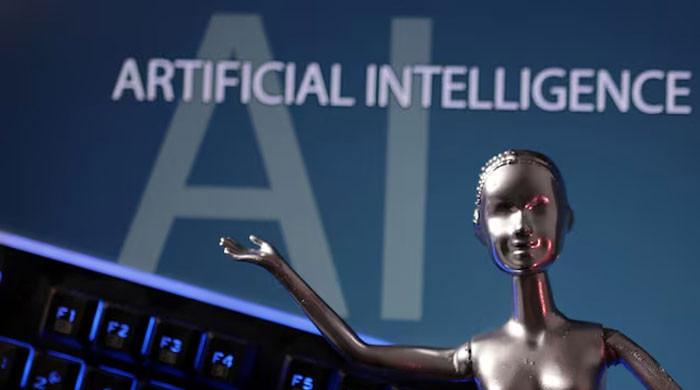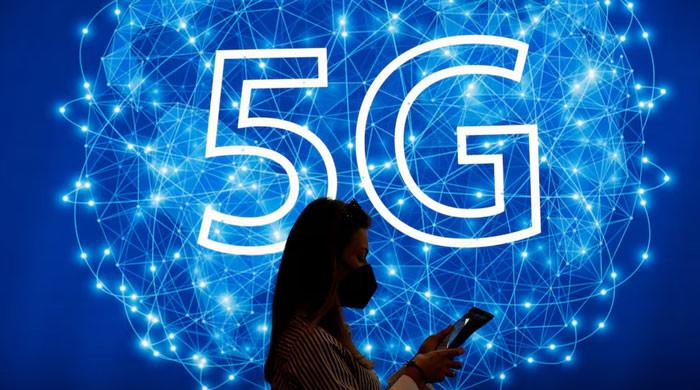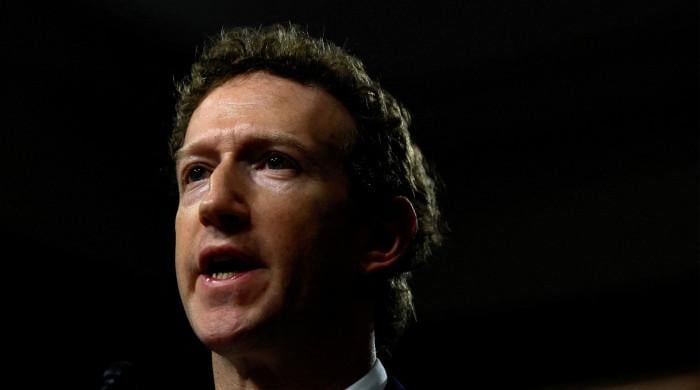Net zero emissions alone won't halt global warming, warns new study
Analysis identifies levers of global warming after net zero and explains why current estimates are so uncertain
November 14, 2023

Researchers, including scientists from Imperial College London and the University of Exeter, caution that global warming is likely to persist and potentially intensify even if the world achieves net zero emissions, challenging the prevailing belief that warming would end at this crucial milestone.
The study, published in Frontiers in Science, proposes a framework to better predict future warming, emphasising the need for revised climate mitigation policies.
The UN Intergovernmental Panel on Climate Change's current best estimate is that warming will cease at net zero carbon emissions, a target set for 2050 to align with the Paris Agreement's objective of limiting temperature rise to 1.5 degrees. However, the new study introduces uncertainty, suggesting that significant warming could occur post-net zero.
Lead author Dr Sofia Palazzo Corner of Imperial College London explains, “Our analysis identifies the levers of global warming after net zero, and explains why current estimates are so uncertain.
Crucially for policy, a world that expects warming to continue after net zero will have an even smaller carbon budget to keep total warming below 1.5 degrees.”
Professor Joeri Rogelj of Imperial College London emphasises the urgency of addressing this risk, stating, “These estimates come with substantial uncertainty, meaning there is a non-negligible chance that global warming will continue after net zero and intensify dangerous climate change.
The take-home message is that the future is more uncertain than we think, and so we must adjust our climate mitigation policies to prevent further warming after net zero.”
The study identifies 26 processes influencing global temperatures, with more than half capable of driving significant warming. These include factors such as a decline in land carbon uptake due to changing rainfall patterns, droughts, and heatwaves, hindering the effectiveness of the "carbon sink" provided by plants.
The researchers stress the need for a collaborative effort among diverse climate experts to develop scientific tools that deepen understanding and explore the level of global warming to be expected.
Professor Michael Mann of the University of Pennsylvania notes the study's alarming message but also finds hope, stating, “It reminds us that the obstacles to climate action are neither physical nor technological.
At this point, they remain political. And history teaches us that political obstacles can be overcome.”











